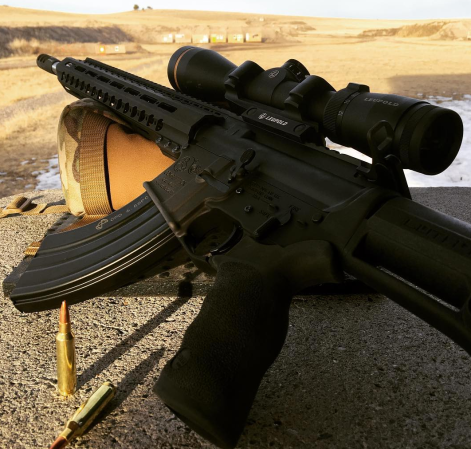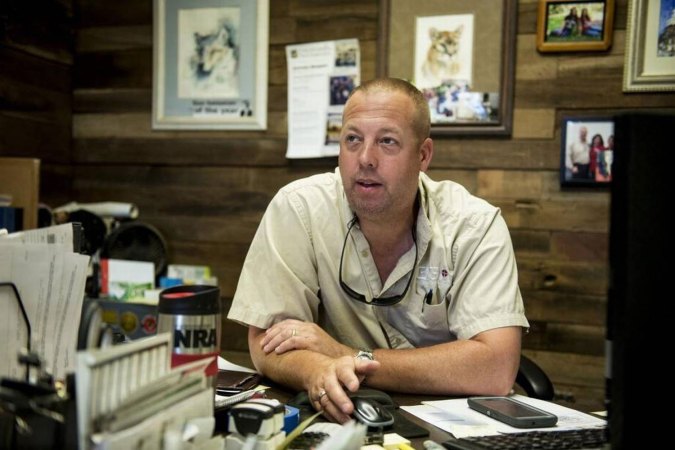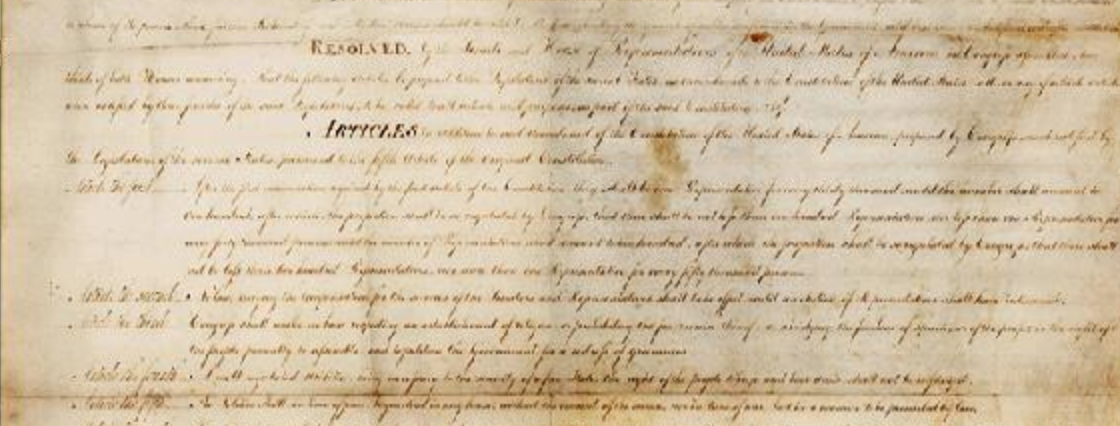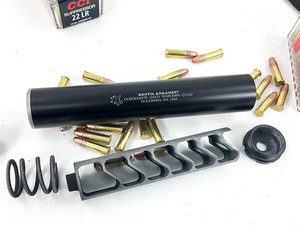We may earn revenue from the products available on this page and participate in affiliate programs. Learn More ›
There were at least three potentially significant legal cases working their ways through state and federal courts in 2015 that could make headlines in 2016. They are:
1. Peruta v. San Diego
This case before the United States 9th Circuit Court of Appeals challenges the constitutionality of requiring concealed applicants to show “good cause” to a municipality or county agency before being issued a concealed carry permit.
The case was filed by a former police officer, Edward Peruta, who is backed by groups such as the National Rifle Association. Peruta sued San Diego County in 2010 when he was denied a concealed carry permit because authorities found he did not prove “good cause” for needing one.
Since then, attorney generals of 23 states have filed briefs in support of Peruta, arguing that regulations such as San Diego’s violate the right to bear arms in self-defense. Among other arguments, gun rights groups say their position is backed by the U.S. Supreme Court’s Heller 2008 and McDonald 2010 decisions.
In February 2014, a 9th Circuit three-judge panel ruled the government can’t require residents who want a concealed-carry permit to first prove they really need their rights by showing official documentation, such as restraining orders or letters from law-enforcement agencies. Im response to a request by he state, the 9th Circuit opted to rehear the case before its full 11-member panel. That hearing occurred on June 16.
In addition to Peruta, the same judges heard a similar case, Richards v. Prieto, which challenges the handgun carry license policy of Yolo County Sheriff Ed Prieto
2. Defense Distributed v. the United States State Department
This case before the United States 5th Circuit Court of Appeals could have profound implications for the First and Second amendments.
The Second Amendment Foundation on May 6 filed the lawsuit against the State Department claiming the agency violated Defense Distributed’s First Amendment right to free speech in 2013 by demanding it remove blueprints for the world’s first three-dimensional printable from the Internet.
The SAF filed the federal suit in Texas, where Defense Distributed is based, alleging the State Department and the Directorate of Defense Trade Controls (DDTC) violated 3D-gun designer Cody Wilson’s First Amendment rights by restraining him from publishing information about his pioneering innovation in the 3-D printing of firearms.
On Aug. 25, District Judge Robert Pitman denied Wilson’s request for an injunction against an order stopping him from distributing plans for his 3D-printed Liberator pistol online. Pittman agreed the lawsuit had merit and sent into the 5th Circuit Court of Appeals which is expected to hear arguments in the case sometime early this year.
Wilson introduced the plans for the working pistol, which can be molded using a 3D printer, on the Internet two years ago. The U.S. State Department cited two regulations designed to prevent unapproved firearms from being exported internationally and ordered him to remove the files from the Internet.
Wilson’s lawyers, who include Alan Gura of the Second Amendment Foundation, pressed the First and Second amendment cases, asserting that the government’s reasoning that CAD files for a working gun constituted a firearm was questionably broad.
Federal judges had rejected requests to stop similar laws in San Francisco and Sunnyvale from being enforced.
“Lead plaintiff Shasta County Sheriff Thomas Bosenko says that California has regulated the sale, possession and use of high-capacity magazines — those that hold more than 10 bullets — since Jan. 1, 2000. High-capacity magazines legally acquired before that date were exempt from the state’s ‘regulatory scheme’ and grandfathered in, according to the Oct. 23 lawsuit.”
Challenging the measure in state Superior Court is the California Rifle and Pistol Association, the state’s NRA affiliate, naming the city, Garcetti, and Los Angeles Police Chief Charlie Beck as defendants.
3. Watson v. City of Seattle and Bosenko v. City of Los Angeles
These two cases could have significant implications for municipalities around the nation using their 14th Amendment regulatory capacities to adopt their own gun control laws.
On August 24th, the NRA, the Second Amendment Foundation and the National Shooting Sports Foundation, along with two gun owners and two gun shops, sued the city of Seattle in King County Superior Court over its adoption of a so-called “gun violence tax,” a tax on firearms and ammunition designed to help offset the financial toll of gun violence.
The lawsuit calls the tax legally unenforceable because Washington State prohibits local governments from adopting laws related to firearms unless those local ordinances are specifically authorized by the state.
On August 10th, the Seattle City Council unanimously approved a sales tax of $25 on each firearm sold and a 5-cent tax on each round of ammunition (two cents for .22 caliber) sold. The council calls it the “Gun Violence Tax.” Seattle’s Mayor Ed Murray signed the legislation, spurring the gun rights groups to file the legal challenge.
A companion measure also requires gun owners to file reports if their weapons are stolen or lost. The lawsuit does not challenge that reporting requirements.
The lawsuit does not challenge Seattle’s measure on 2nd Amendment grounds, but pits the state’s 10th Amendment pre-emption purview against a municipality’s 14th amendment regulatory authority.
On Dec. 22, King County Superior Court Judge Palmer Robinson allowed the gun tax to stand, although she noted the city’s argument that their ordinance does not impose a criminal penalty did not pass muster.
On Jan. 4, attorneys for the NRA, SAF and NSSF—working together in a legal challenge for the first time ever—filed a notice that they will appeal Robinson’s ruling.
On Oct. 23, the California Rifle and Pistol Association, at least 30 county sheriffs, the Law Enforcement Alliance of America and the California Reserve Peace Officers Association filed a lawsuit against the city of Los Angeles in Los Angeles County Superior Court challenging the Los Angeles City Council’s July 28 decision to ban magazines of more than 10 bullets.
California law already bans the manufacture, sale and import of large-capacity magazines into the state. However, it does not prohibit people from possessing them, a “loophole” the city council addressed with its new law.
On Nov. 12, the court denied a preliminary emergency request to temporarily block Los Angeles from enforcing the ordinance while the case proceeds. The court agreed to expedite the case, and made no ruling on the merits of whether the city’s ban is preempted by the state’s comprehensive regulation of standard-capacity magazines.
In 2013, the cities of Sunnyvale and San Francisco each passed similar high-capacity magazine bans to the one passed last month in Los Angeles. Both were almost immediately challenged and upheld by district courts. The U.S. Supreme Court opted not to take up the Sunnyvale case in a de facto preservation of both California decisions.
Similar municipal-imposed restrictions on firearms have been adopted in such diverse places as Bozeman, Mont., and Cook County, Ill., with Oakland, Calif., banning all high-capacity magazines and requiring gun owners store firearms in lock boxes at home and in cars on Jan. 6.






